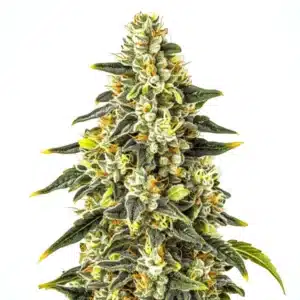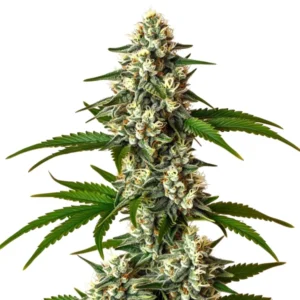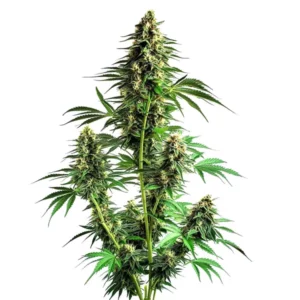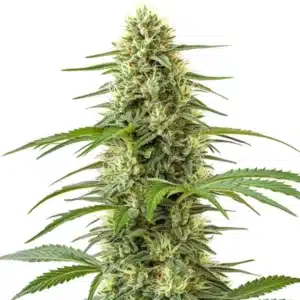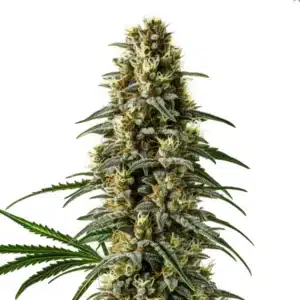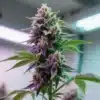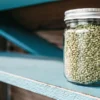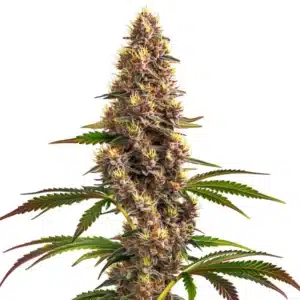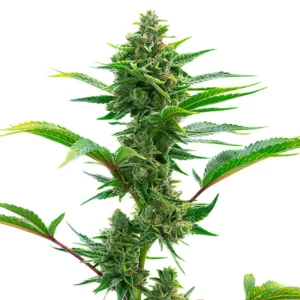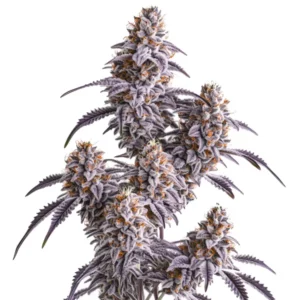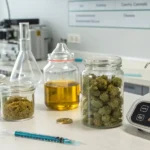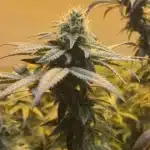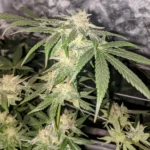
Are Weed Hangovers Real?
The lingering effects of cannabis consumption have long been a topic of debate among users and researchers alike. Some insist that waking up groggy or unfocused after a cannabis session is nothing more than normal fatigue, while others are convinced that weed hangovers are indeed real and can impact daily life. The question remains: are weed hangovers real, and if so, what causes them?
The Mystery Behind Weed Hangovers
For many cannabis enthusiasts, the day-after effects can be puzzling. Unlike alcohol, which has well-documented and scientifically understood hangovers, cannabis-related residual effects are more subjective and vary greatly from person to person. Some report feeling perfectly fine after a night of indulgence, while others experience a noticeable slump in energy and cognitive sharpness.
Recommended Strains
Crystal
|
|
THC | 21% - 25% (Medium) |
|
|
Type | Feminized |
|
|
Yield | Medium |
|
|
Phenotype | 70% Indica / 30% Sativa |
Crystal Candy Auto
|
|
THC | 14% - 20% (Medium) |
|
|
Type | Autoflowering |
|
|
Yield | High |
|
|
Phenotype | 10% Indica / 90% Sativa |
What Causes a Weed Hangover?
Several factors may contribute to lingering effects from cannabis consumption. One of the primary reasons could be overconsumption, where an individual ingests more THC than their body can process efficiently overnight. The method of consumption also plays a significant role edibles, for example, have a slower onset but longer-lasting effects, which can easily carry over to the next day.
In addition to dosage and consumption methods, individual tolerance is another key factor. Frequent users may develop a higher threshold for THC, meaning their body metabolizes it more efficiently, whereas occasional users might find themselves more susceptible to residual effects.
Symptoms That People Report
Although not as universally recognized as alcohol hangovers, certain symptoms are frequently mentioned by those who suspect they have experienced a weed hangover. These include a persistent mild headache, difficulty concentrating, a lingering sense of fatigue, and the infamous dry mouth that often accompanies cannabis use. Some individuals also report feeling dehydrated or sluggish, which may compound the effects of cannabis the next day.
Understanding these potential symptoms provides insight into whether weed hangovers are real or if they simply reflect normal bodily reactions to cannabis consumption.
Promos & Deals
How Weed Hangovers Compare to Alcohol Hangovers
Many draw comparisons between the aftermath of consuming alcohol and cannabis, but the experiences are fundamentally different. Alcohol hangovers are often characterized by dehydration, nausea, and headaches caused by the breakdown of ethanol in the body. Cannabis, on the other hand, does not lead to dehydration to the same extent, but its psychoactive compounds can leave users feeling mentally foggy and lethargic.
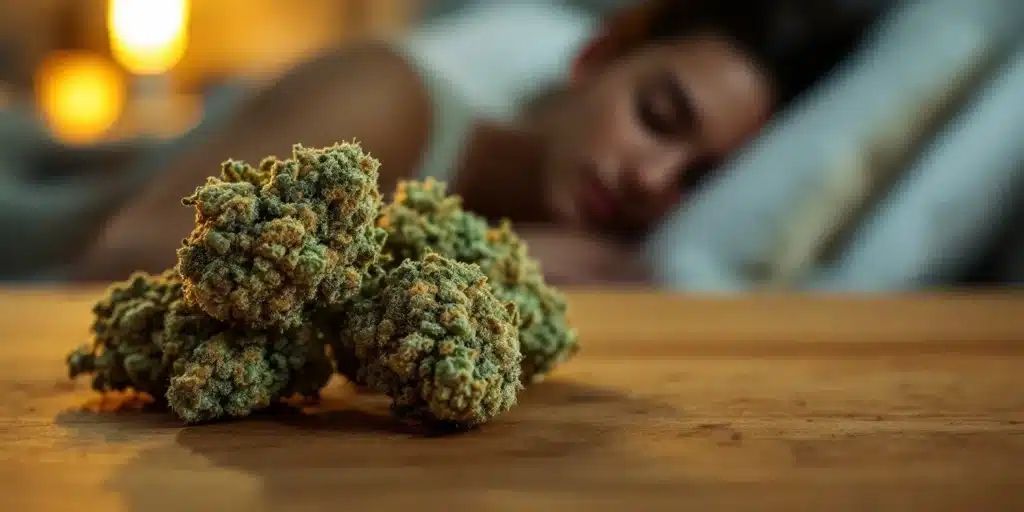
Differences Between the Two
A key difference between weed and alcohol hangovers lies in their underlying mechanisms. Alcohol depletes essential vitamins and minerals, leading to significant physical symptoms. Cannabis, however, primarily affects the brain’s endocannabinoid system, which can influence mood, appetite, and cognition without causing severe physical distress. Unlike alcohol, which creates toxins that need to be processed by the liver, THC lingers in fat cells, meaning its effects can persist subtly over time.
Additionally, alcohol impairs sleep quality, often leading to extreme grogginess and disorientation the next day. Cannabis, on the other hand, can sometimes promote sleep but may also interfere with REM cycles, potentially leading to that morning haze.
Similarities That Can’t Be Ignored
Despite their differences, both types of hangovers share certain characteristics. A noticeable drop in energy levels, impaired cognitive function, and an overall feeling of sluggishness are commonly reported by users of both substances. Furthermore, both alcohol and cannabis can exacerbate dehydration if not countered with proper hydration and nutrition. Mood disturbances, such as irritability or anxiety, may also manifest after excessive consumption of either substance, leading to similar subjective experiences.
Factors That Influence Weed Hangovers
While some individuals can consume cannabis regularly without any next-day effects, others may find themselves experiencing hangover-like symptoms after a single session. Several factors influence these outcomes, making it important to recognize patterns in personal cannabis use.
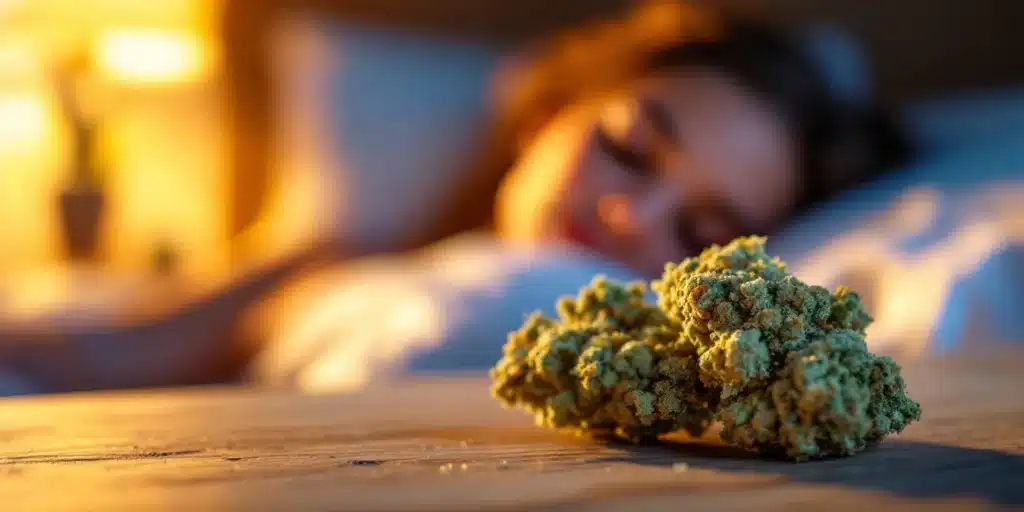
Consumption Method Matters
How cannabis is consumed plays a significant role in how long its effects last. Smoking and vaping tend to provide a quicker high that fades faster, whereas edibles are processed through the digestive system and can linger in the body for much longer. This slow-release effect from edibles often leads to extended next-day grogginess. Dabbing high-concentrate products can also result in a more prolonged and intense experience, contributing to feelings of lethargy hours after the effects have worn off.
THC Potency Levels
The potency of the cannabis consumed directly affects how long its effects last. Strains with high THC concentrations are more likely to produce lingering mental and physical effects. On the other hand, strains balanced with CBD may help counteract some of the more intense THC-related effects, reducing the likelihood of experiencing a weed hangover. Additionally, the frequency of use plays a role, as heavy users might develop a tolerance that minimizes these lingering effects over time.
Hydration and Nutrition
Staying hydrated and maintaining a nutritious diet can significantly impact how the body processes cannabis. Dehydration is a common side effect of THC, and not drinking enough water may exacerbate symptoms such as dry mouth and fatigue. A well-balanced diet with sufficient nutrients can support the body’s ability to metabolize cannabis efficiently. Consuming antioxidant-rich foods and staying away from heavily processed meals may aid in reducing the sluggishness associated with weed hangovers.
How to Prevent Weed Hangovers
Avoiding unpleasant after-effects from cannabis consumption is possible with mindful habits and strategic planning. Developing a personal approach to cannabis consumption based on trial and error can help reduce the likelihood of experiencing next-day grogginess. Taking note of which strains, dosages, and consumption methods work best for your body can lead to a more enjoyable experience without negative after-effects.
Practicing moderation is another effective approach. It’s easy to overconsume when cannabis is enjoyed in a social setting or as a way to unwind, but keeping consumption within comfortable limits can make a significant difference in how one feels the next day. Additionally, taking breaks between sessions allows the body to process THC more efficiently and maintain tolerance levels.

Dosage Control
Moderation is one of the most effective ways to prevent lingering effects. Understanding personal tolerance levels and gradually increasing intake instead of consuming large amounts at once can make a significant difference in how the body responds. It’s also beneficial to start with lower-potency products and avoid excessive consumption of highly concentrated THC extracts.
Staying Hydrated
Proper hydration before, during, and after cannabis consumption can help prevent dry mouth and reduce feelings of fatigue. Drinking enough water throughout the day supports the body’s natural detoxification processes and helps clear out any lingering compounds. Herbal teas, electrolyte-rich drinks, and water-dense foods such as fruits and vegetables can also aid in maintaining hydration levels.
Choosing the Right Products
Selecting high-quality cannabis products from reputable sources ensures consistency in THC levels and avoids unexpected potency surprises. Lab-tested products provide clear dosage information, making it easier to consume responsibly. Additionally, opting for strains that have a more balanced cannabinoid profile such as those with CBD or lower THC content can contribute to a smoother experience with fewer lingering effects.
FAQs About Are Weed Hangovers Real?
Can drinking water prevent a weed hangover?
While drinking water can certainly help mitigate some effects of cannabis, such as dry mouth and dehydration-related fatigue, it is not a guaranteed solution. Hydration supports the body’s natural detox processes and helps flush out toxins, but it cannot completely counteract the effects of excessive THC consumption.
Are certain strains more likely to cause a weed hangover?
Yes, strains high in THC, particularly indica-dominant varieties, are more likely to contribute to next-day sluggishness. These strains are known for their relaxing effects, which may carry over to the following day. Conversely, CBD-rich strains tend to produce more balanced effects and are less likely to cause hangover-like symptoms.
How long does a weed hangover last?
The duration of a weed hangover depends on several factors, including the amount consumed, the potency of the strain, and individual metabolism. Generally, symptoms may last anywhere from a few hours to an entire day, gradually subsiding as the body processes the remaining THC.


